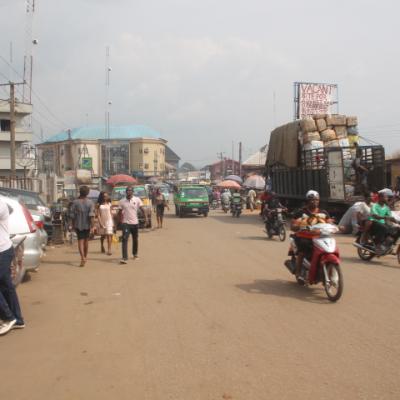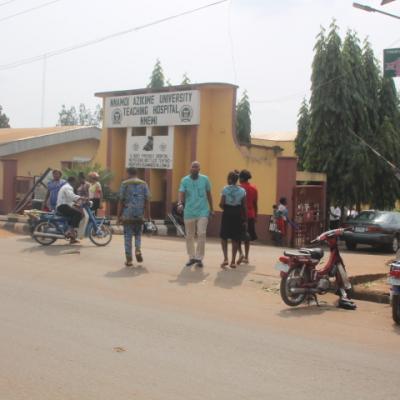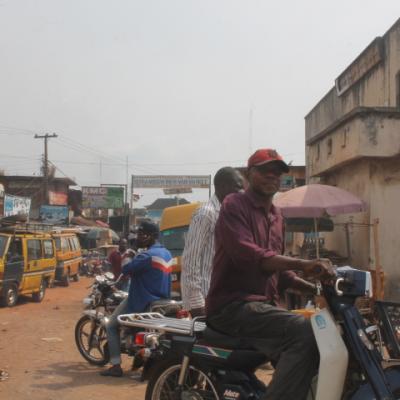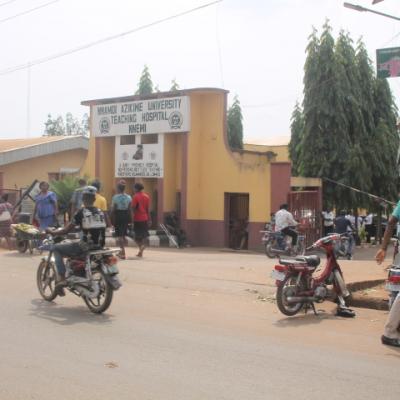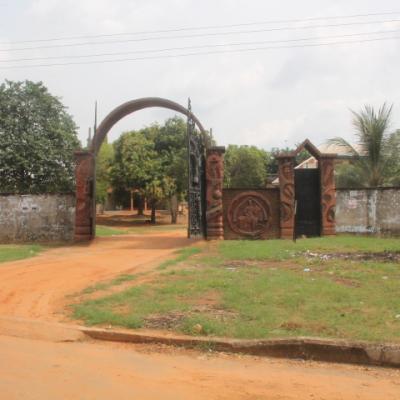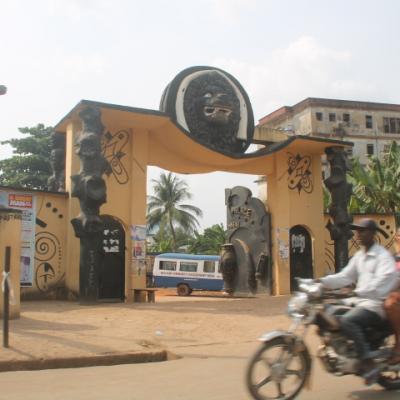Palm Produce
Many years ago, the main stay of Nnewi economy was palm produce, palm oil and palm kernel. The town was one of the major collection point for palm produce in the former Eastern Nigeria. Palm produce dealers at Nnewi bought palm oil and palm kernel produced by the subsistent farmers from the interior. The produce dealers use steel drums to sore the palm oil; and 100 pound weight hessian sacks to collect the palm kernels. The palm oil drums and palm kernel sacks were transported to Onitsha where the major importer of palm produce in Nigeria, United African Company [UAC] John Walkeden and other European companies had a big collection warehouses. From Onitsha, the produce is shipped by steamers along River Niger to Port Harcourt; from where the produce is shipped with cargo vessels to England and other destinations around the world.


Trading Apprenticeship
Transport
In early thirties, only two Nnewi sons were involved in motor transport business in Nigeria; they were Louis Philip Ojukwu later knighted as Sir Odumegwu Ojukwu; who owned Ojukwu Transport Limited and DD Onyemelukwe; who owned DD Onyemelukwe and Sons. Ojukwu Transport Limited operated from Lagos on West to East axis of southern Nigeria while DD Onyemelukwe operated from Aba on Port Harcourt Onitsha axis of the then Eastern Nigeria. However, after the end of second world war, Ojukwu Transport not only survived from the restrictions imposed during the war rather grew and expanded while DD Onyemelukwe went into extinction. By 1952 Ojukwu transport could boast of 200 lorries directly serviced by over 600 full time staff, three of which were expatriates. The success of Ojukwu Transport Limited opened the eyes of other Nnewi entrepreneurs scattered in different parts of Nigeria; gave birth to the second generation of motor transporters of Nnewi origin.
In Eastern Nigeria were; Mr Benson, alias “Okoli Agwu-Agwu” who owned Okoli Transport Limited plying mainly in Eastern Nigeria between Port Harcourt and Onitsha and Enugu to Oji River Power station carrying coal from Enugu coal mines to Oji River power station. Egwuatu Transport Limited plying between Onitsha and Ibeagwa Nsukka carrying palm produce from interior of Nsukka to Onitsha from where they were shipped to England; Onyeka Transport Limited in competition with the later on the same route carrying palm produce to Onitsha from Nsukka. In Onitsha mainland you have Rapulu Chukwu Transport Limited, owned by Mr Jonathan Nwosu engaged purely in supply of building materials to different parts of Onitsha township and environs.
In Northern Nigeria, you find Felix Okonkwo Transport limited, owned by Felix Okonkwo; Nnewi Transport limited jointly owned by Mr Mbadugha and Mr Agu Ofodile plying between Kano and Lagos delivering agricultural products mainly groundnut for shipment to Europe.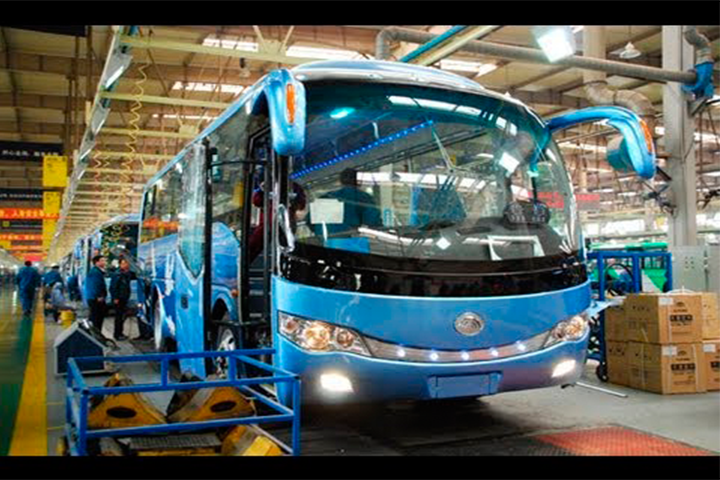
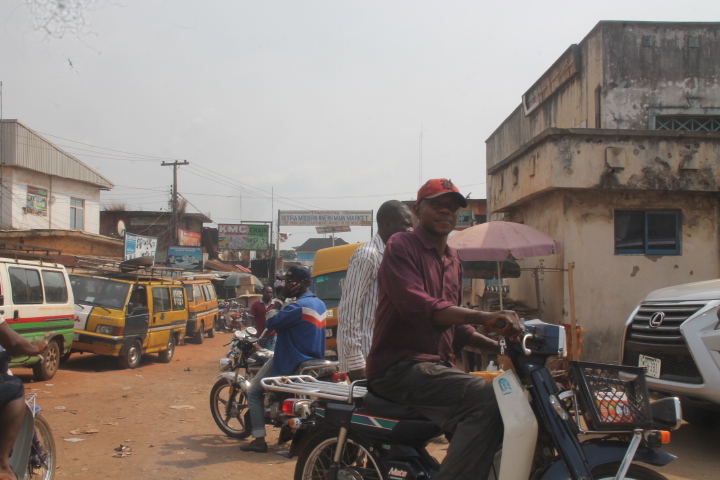
The Expansion of Nkwo Market
During the civil war of 1966 to 1970 most people of Igbo ethnic origin residing in other parts of Nigeriia returned to their homeland mostly located in the South-Eastern Nigeria including Nnewi who were scattered in different parts of Nigeria trading o working for other people.
The Nigeria civil war of 1966 to 1970 disrupted and decimated the second-generation transport entrepreneur from Nnewi in Nigeria.
After the war, the younger generation took over and most of the were based in Eastern states of Nigeria but plying all parts of Nigeria especially the Eastern and Western states. Notable ones were Ekenedili Chukwu Transport, Izu Chukwu Transport Limited, Ije Oma Transport Limited, Ekesson Transport Limited, Chi Di Ebere.

